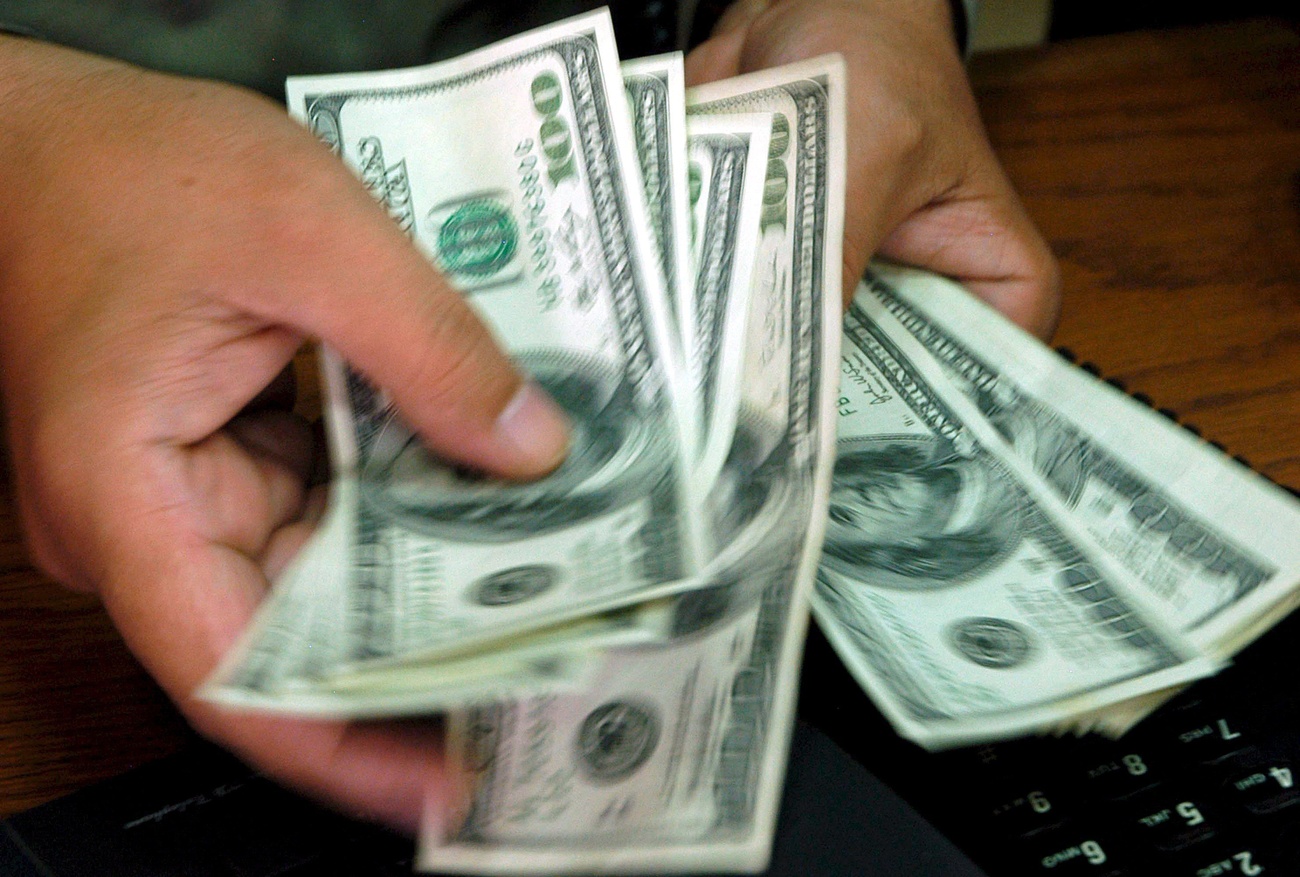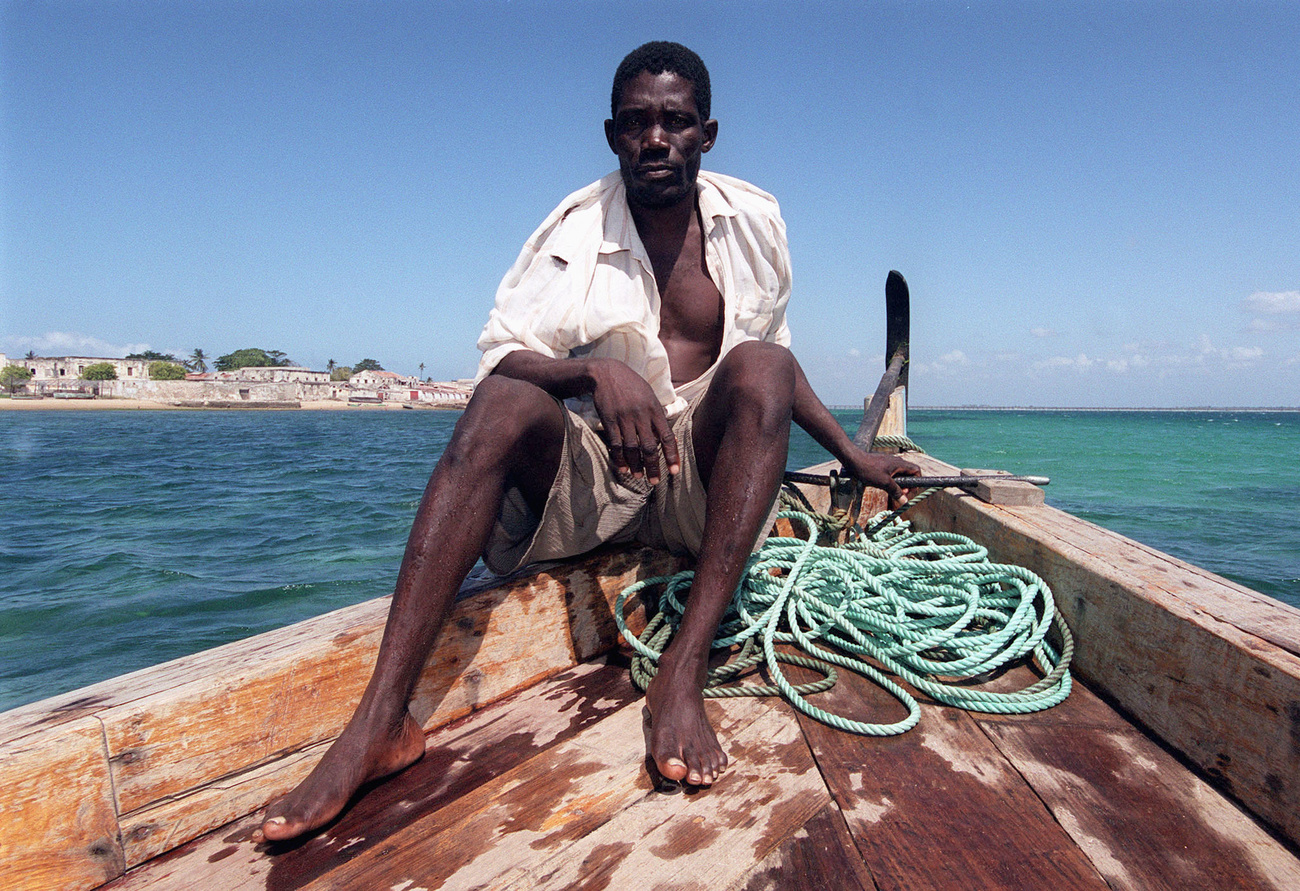Does dirty money need banking secrecy to thrive?

If the demise of Swiss banking secrecy was supposed to flush dirty money out of the system, it appears to be failing. Criminal and regulatory wrist-slaps continue to pile up against banks. Even worse is the allegation that Switzerland lacks real political will to tackle money laundering.
Prosecutors in Switzerland and abroad are investigating Swiss banking links to a range of alleged money-laundering and tax-evasion offences from Europe to South America, Asia, the Middle East and Africa (click on box below).
Recently uncovered suspicious transaction reports, made to the US Financial Crimes Enforcement Network (FinCEN), show Swiss banks moving billions of dollars around the world.
The Swiss financial regulator FINMA condemned Bank Syz for failing to comply with rules against money laundering when dealing with an Angolan-Portuguese client.
Earlier this year, FINMA found Julius Bär guilty of “serious infringement of financial market law” connected to the Venezuelan state-owned oil company PDVSA. The bank is also expecting to be fined tens of millions by US prosecutors for its role in the FIFA corruption case.
Falcon private bank was forced to wind down in Switzerland after getting its fingers burnt in the Malaysian 1MDB scandal. This closure bears the hallmarks of BSI being forced by regulators to sell off its Swiss operations to EFG, also for 1MDB offences.
Swiss banks have also been implicated in laundering bribes from the Brazilian Petrobras/Odebracht scandal. Belgium has accused Credit Suisse of helping 2,650 clients to dodge taxes while UBS is appealing a €3.7 billion French tax evasion fine.
The evidence appears to make a mockery of the Swiss Bankers Association statement: “For Swiss banks, it is clear that a clean financial centre is key to being competitive. Switzerland and its banks do not have any interest in criminal money.”
Switzerland cannot be blamed for all the dirty money circulating around the world. The FinCEN files also list HSBC, Deutsche Bank, Barclays, JP Morgan, Standard Chartered and Arab Bank. among others.
And neither is every client who deposits money in Switzerland a corrupt oligarch or dictator. By abolishing the legal distinction between tax avoidance and tax fraud and by signing up to numerous automatic tax information exchange treaties, Switzerland could be said to be doing its bit to combat financial corruption.
Its financial regulator and state prosecutor are taking action against some miscreants. And the volume of suspicious transaction reports voluntarily submitted by banks would have been unthinkable a decade ago.
Frustrations
But this is not nearly enough, argue critics. Switzerland is the largest offshore wealth centre in the world, managing 27% of all cross-border assets – some CHF2.3 trillion ($2.5 trillion) from foreign private individuals and families at the end of 2018.
In June, Daniel Thelesklaf abruptly resigned as head of Switzerland’s anti-money-laundering office only a few months into his second stint at the job. A recent interview with the Tages-Anzeiger newspaper revealed his frustrations.
“When it comes to money laundering, Switzerland only ever implements the absolute minimum mandatory standards owing to pressure from abroad,” he said. “The efficient fight against money laundering is only of secondary importance. I came to the conclusion that you can’t get anywhere.”
Slow progress
Martin Hilti, CEO of Transparency International Switzerland, told Swiss public broadcaster SRF that the Swiss financial centre, despite its global importance, only occupies a mid-table position when measuring the efforts of countries to combat money laundering.
His main gripe is that the Swiss parliament is doing its best to spike proposed law changes that would hold lawyers more accountable for reporting suspicious clients and financial flows. Parliamentarians have so far also refused to shine a brighter light on cash payments for precious metals and gemstones. Both chambers have given the finance ministry’s proposals the cold shoulder in preliminary debates.
The Financial Action Task Force (FATF), a global money-laundering and terrorist-financing watchdog, agrees with Hilti. An evaluation of Switzerland in 2016 recognised that much progress had been made in countering money laundering, but it had reservations about other areas, which included bringing lawyers to heel for creating offshore shell companies.
An interim evaluation in January 2020 said progress on weak spots had been too slow for FATF’s satisfaction. Switzerland’s problem is that its rating could turn from “achieved quite a lot but could do better” to something much worse.

In compliance with the JTI standards
More: SWI swissinfo.ch certified by the Journalism Trust Initiative

















You can find an overview of ongoing debates with our journalists here . Please join us!
If you want to start a conversation about a topic raised in this article or want to report factual errors, email us at english@swissinfo.ch.